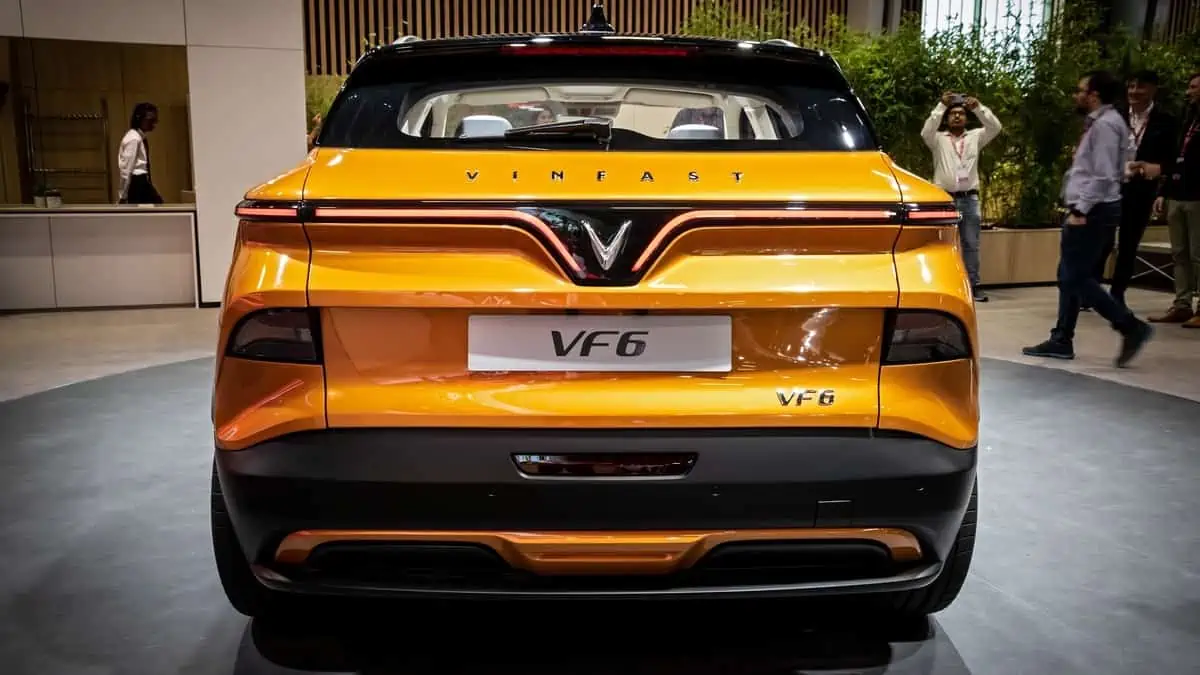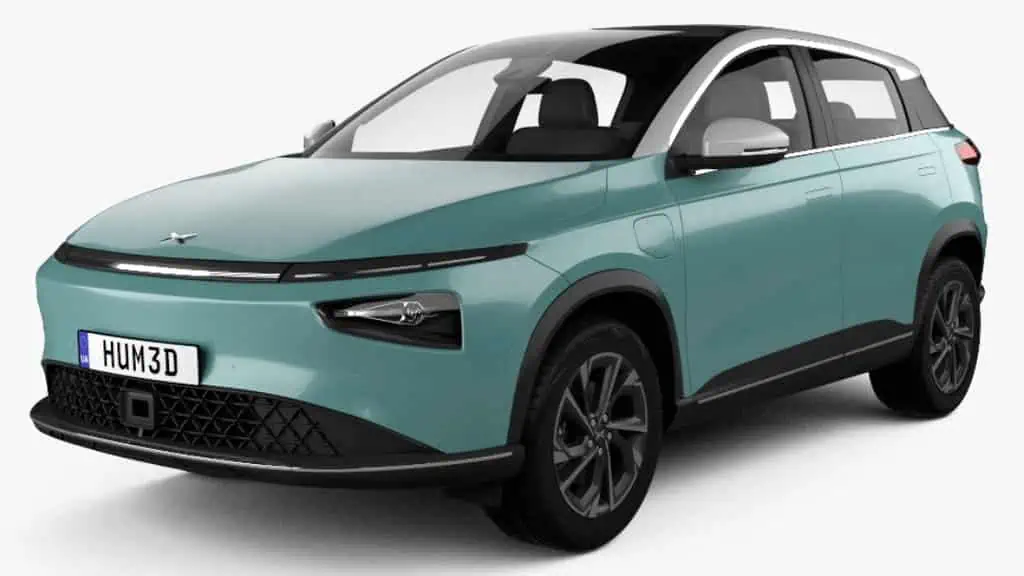Vietnamese conglomerate VinGroup is eyeing the Philippines for a potential new electric vehicle battery production plant amid the country’s “public utility modernization program,” as per the Presidential Communications Office’s press release.
Announcement
VinFast’s parent apparently expressed its interest in entering the Philippines’ battery manufacturing industry during President Ferdinand R. Marcos Jr.’s meeting with VinGroup executives in Vietnam on Monday.
Department of Trade and Industry (DTI) Secretary Alfredo E. Pascual accompanied President Marcos for this crucial meeting with VinGroup’s Chairman Pham Nhat Vuong and Vice Chairman/CEO Nguyen Viet Quang.
After the meeting, the Philippine President announced the news to Vietnam-based Filipino workers at the Melia Hotel in Hanoi.
“Just a while ago, we just had a meeting with Vingroup. Maybe you know Vingroup, some of you are working in Vingroup.”
President Ferdinand R. Marcos Jr. (Translated from Filipino to English)
President Marcos even joked that Filipino workers in Vietnam might become “expat (expatriate)” in the Philippines once VinGroup’s investment plans come to fruition.
“…Because they want to enter the Philippines, you will become expats in the Philippines.”
President Ferdinand R. Marcos Jr. (Translated from Filipino to English)
“Timely” investment
President Marcos emphasized that VinGroup’s investment is “timely” as the government is currently working to modernize its public utility vehicles (PUV), particularly traditional jeepneys and tricycles.
It must be noted that the government is still finalizing these vehicles and consolidating the operators and drivers into cooperatives.
Moreover, the Philippine President stated that the proposed investment aligns with the country’s future EV manufacturing plans.
“The Vingroup is well-known in the Philippines because we have… we are very much aligned of what we would like to do in the future in terms of electrical vehicle battery production. We are in the middle of our modernization program essentially meaning we are going to replace all our conveyances, buses and we have (a) particular type of transport …jeepneys.”
President Ferdinand R. Marcos Jr.
Why the Philippines?
The Philippines is an ideal site for electric vehicle battery production owing to its good reserves of all the critical minerals, including nickel, cobalt, and copper.
According to the President, the country will soon shift away from exporting these minerals to domestic processing in order to establish its own supply chain.
In addition, President Marcos asserted the country’s pool of “young, skilled and educated” people. In this sense, he emphasized the need for scholarships and upskilling programs to further hone its workforce.
“And so… to adjust in the different ways of doing business, and that is one of the greatest assets actually that we have in the Philippines, this workforce. The key to take the full advantage of that workforce is for the skills… to get them [workers] to acquire the skills that are necessary for cyber security, digital banking, digital transfers of money and of course AI.”
President Ferdinand R. Marcos Jr.
President Marcos announced plans to attract more partners in the electric vehicle and components industry to efficiently achieve the public utility modernization program. However, the program has received a huge backlash from the public, especially from the jeepney drivers. They oppose the program due to the high prices of electric jeeps, which they cannot afford even with government incentives. Culture enthusiasts also worry that the country may lose one of the greatest symbols of Filipino culture. These considered, the Philippine government may have a hard time encouraging the public to support the public utility modernization program yet.






